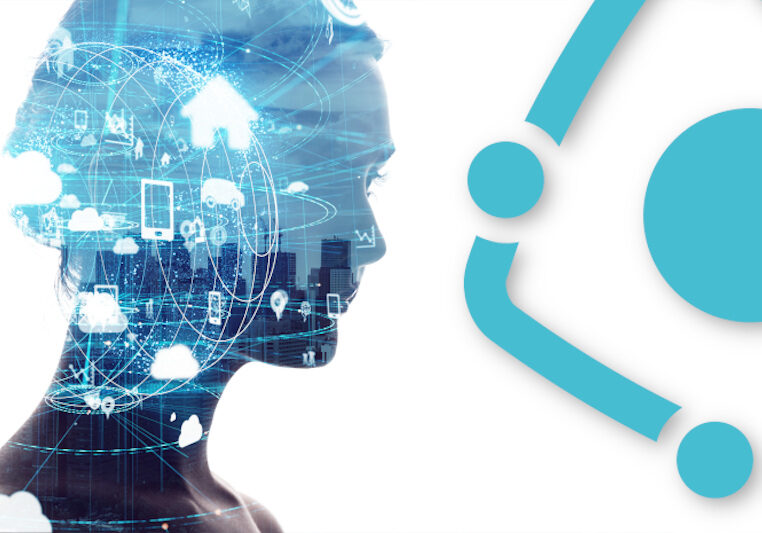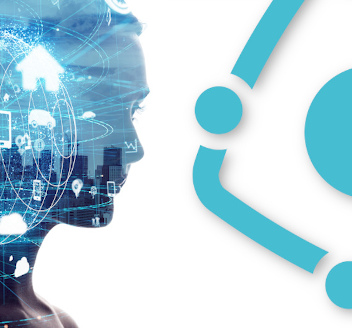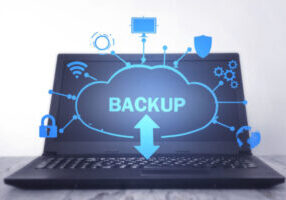
Our smartphones are an extension of ourselves. They hold our personal lives, from cherished photos to private messages. But when it comes to work, blurring the lines between personal and professional on your phone can lead to a host of problems. While the convenience of using your personal device for business calls and texts might seem tempting, the potential risks far outweigh the benefits.
Security Shenanigans: A Data Breach Waiting to Happen
Your personal phone likely lacks the robust security features found on work-issued devices. Companies invest heavily in encryption software, firewalls, and secure access protocols to safeguard sensitive information. A personal phone, on the other hand, might be protected by a simple PIN or fingerprint scan. This vulnerability creates a prime target for hackers. If your phone is compromised, confidential client data, trade secrets, or internal communications could be exposed, leading to financial losses, reputational damage, and even legal repercussions for the company.
Lost and Found (But Not the Data)
Losing your phone is stressful enough. But if your missing device contains sensitive business information, it becomes a major security headache. Stolen phones are even worse, leaving your company’s data vulnerable to exploitation. Many companies have data-wiping protocols in place for lost or stolen work phones, minimizing the damage. However, with a personal phone, there’s no such safety net.
The Compliance Conundrum
Many industries, such as finance and healthcare, operate under strict regulations regarding data security and privacy. Using a personal phone for work communications can make it difficult to comply with these regulations. Businesses need to be able to track and audit communication, which becomes impossible when using a personal device. This can lead to hefty fines and compliance violations.
Work-Life Balance? What Work-Life Balance?
Using your personal phone for work can blur the lines between your professional and personal life. Work emails and calls can bleed into your evenings and weekends, making it difficult to truly disconnect and recharge. This constant connectivity can lead to stress, burnout, and decreased productivity.
The Legal Labyrinth: When Your Texts And Emails Become Evidence
Perhaps the most concerning risk of using your personal phone for business is the legal one. In the event of a lawsuit or investigation, your personal phone records, emails, and text messages could be subpoenaed. This means a court could order you to turn over all communication on the device, potentially exposing private information or even incriminating evidence unrelated to the case at hand. Imagine the awkward situation of having your personal messages scrutinized by lawyers and judges.
Consider the example of Dr. Fauci:
Recently, a GOP-led House panel sought access to Dr. Anthony Fauci’s personal email accounts and cell phone records as part of an investigation into the origins of COVID-19. Rep. Brad Wenstrup (R-OH), chairman of the Select Subcommittee on the Coronavirus Pandemic, made the request in a letter to Fauci ahead of his planned testimony. Emails reveal Dr. David Morens, Fauci’s former senior adviser, discussed using a “‘secret’ back channel” and suggested that Fauci used a private account to circumvent Freedom of Information Act (FOIA) requests. Morens testified that he “may have” sent COVID-19 related information to Fauci’s personal email. Wenstrup’s panel sought documents from Fauci’s personal email accounts, cell phones, or other devices concerning the Wuhan Institute of Virology, EcoHealth Alliance, Inc., the origins of COVID-19, or congressional oversight from January 1, 2020, to the present. A press release from the subcommittee accused Morens of several infractions, including undermining U.S. government operations, potentially lying to Congress, deleting federal COVID-19 records, and using his personal email to evade FOIA.
The BYOD Trap: Understanding Bring Your Own Device Policies
Some companies have “Bring Your Own Device” (BYOD) policies, allowing employees to use their personal phones for work with certain restrictions. However, even with a BYOD policy in place, the risks discussed above still apply. Employees should carefully review the policy to understand their responsibilities regarding data security, lost devices, and work-life balance.
Alternatives to Consider: Keeping Business Separate
There are several ways to maintain a clear separation between your personal and professional life:
- Company-Issued Phones: Many companies provide secure work phones with the necessary features and security protocols.
- Work Apps: Secure communication apps approved by your company can be used on your personal phone for work calls and messages. These apps often have additional security features and allow for easier data wiping in case of a lost device.
- Company Email Accounts: Avoid using your personal email address for work communication. Use a secure company email account instead.
You can protect yourself from security breaches, legal troubles, and the constant stress of being “on” 24/7 by establishing a clear boundary between your personal and professional phone use. Remember, your personal phone holds a wealth of private information. Don’t put it, or your company, at risk by using it for business communications.
SUURV Technologies, a leading managed service provider, can help your business establish a cell phone policy for your employees. Simply call (210) 874-5900 or fill out our contact form by clicking here.
Get Help Now!
We bring a laser focus to the three most critical functions of your company.
1. Business Operations

SUURV would love to talk with you about our vCIO and TAM support. It's the solution you've been searching for.
2. IT Infrastructure

THERE'S NEVER a one-size-fits-all approach. We implement custom solutions that scale with your growth.
3. Employee Support

You spent a lot of time building your team. We work around the clock to support them.

















